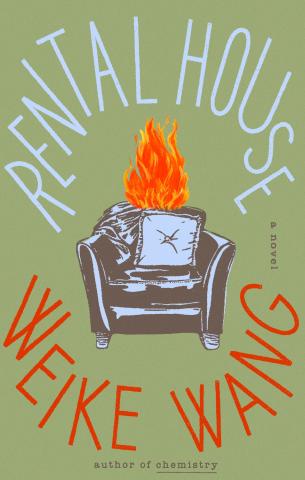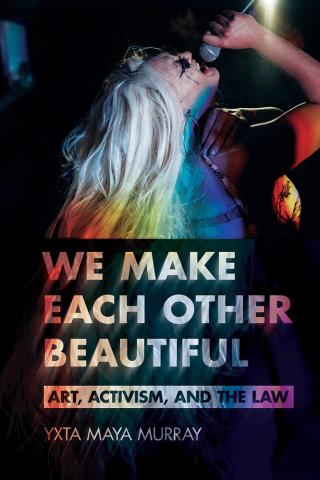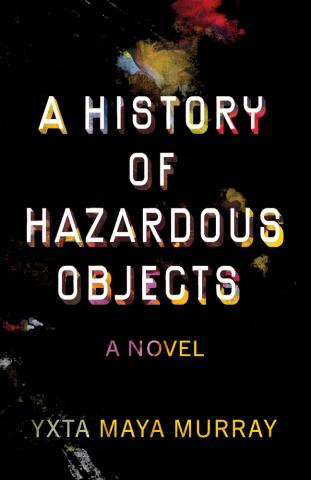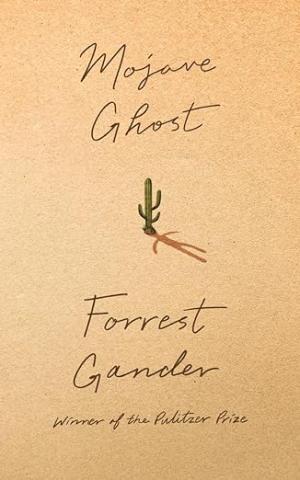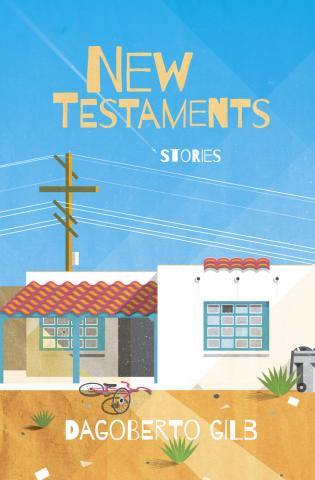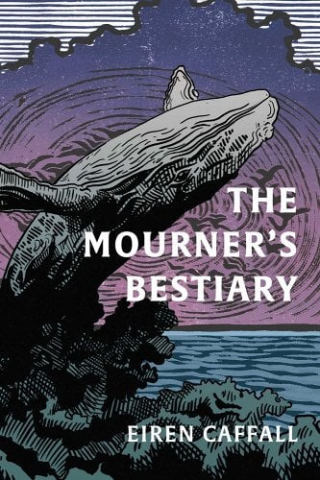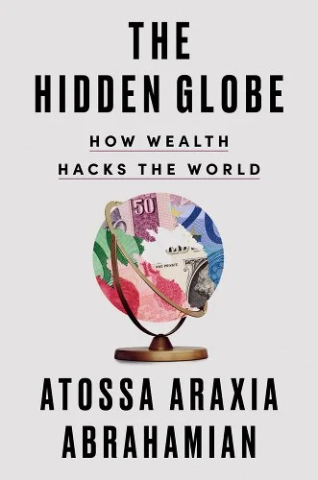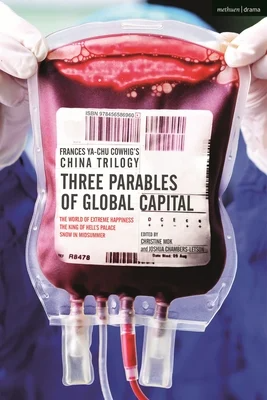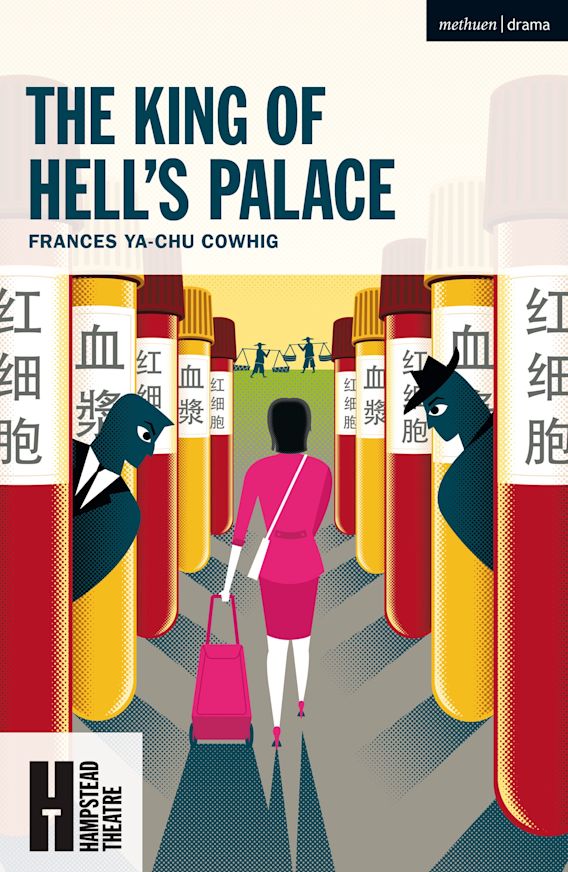Keru and Nate are college sweethearts who marry despite their family differences: Keru’s strict, Chinese, immigrant parents demand perfection, while Nate’s rural, white, working-class family distrusts his intellectual ambitions and his “foreign” wife. Some years into their marriage, the couple invites their families on vacation. At a Cape Cod beach house, and later at a luxury Catskills bungalow, Keru, Nate, and their giant sheepdog navigate visits from in-laws and unexpected guests, all while wondering if they have what it takes to answer the big questions: How do you cope when your spouse and your family of origin clash? How many people (and dogs) make a family? And when the pack starts to disintegrate, what can you do to shepherd everyone back together? Weike Wang offers a portrait of family that is equally witty, incisive, and tender.
